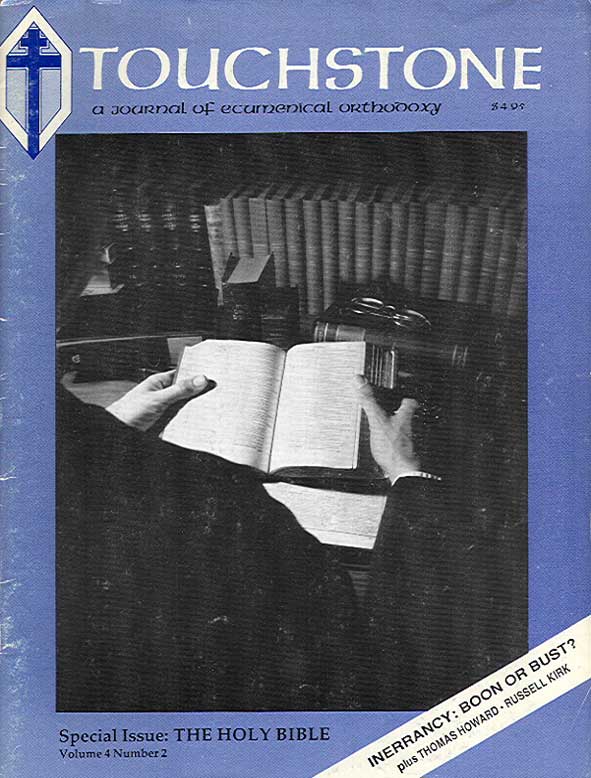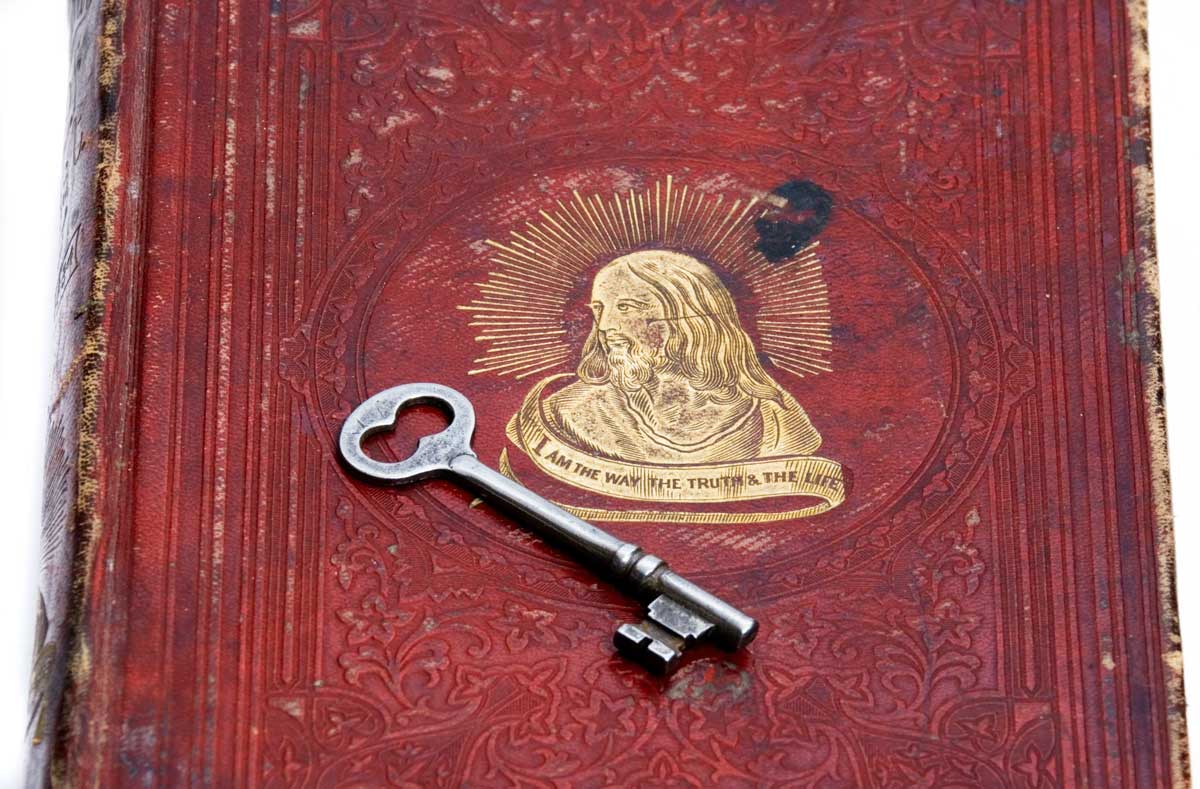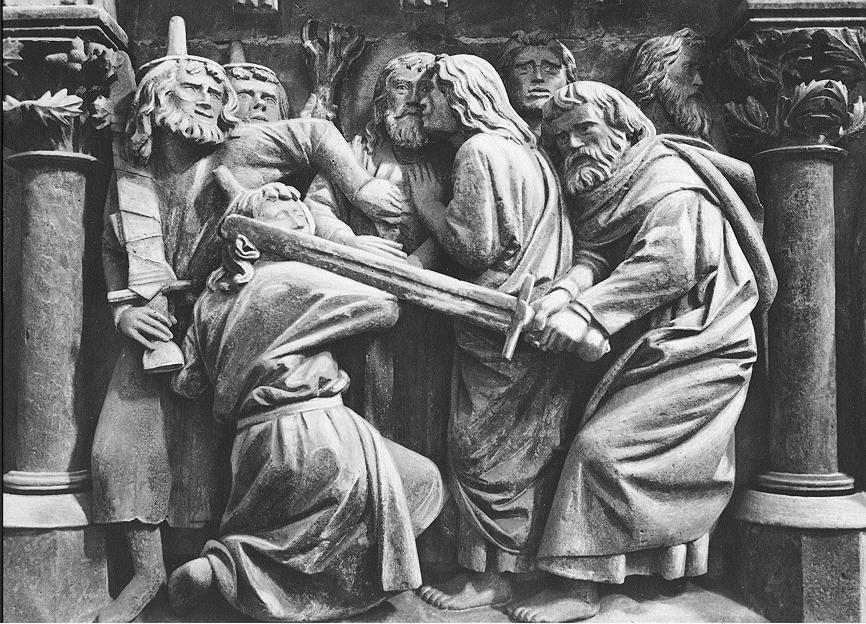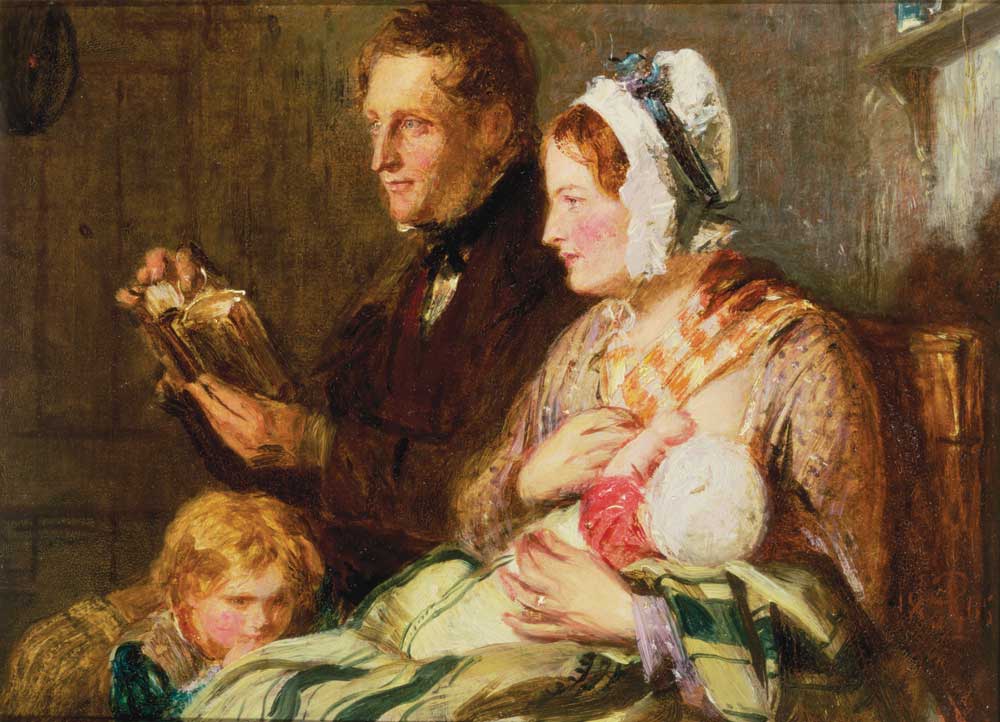A Response to The Bible Under Spirit & Church
by Carl F. H. Henry
Steven Hutchens proposes to redirect the course of church history toward a new ecumenism—post-evangelical and post-Reformational, and transcending also the ancient cleft between Eastern Orthodoxy and Roman Catholicism. To achieve this, he seeks as an “evangelical catholic” to detach evangelical orthodoxy from its commitment to the inerrancy of the Bible and to advance instead a different religious authority structure, one that perceives “the Spirit of God” as speaking authoritatively “by, in, and to the Church through the writers of Scripture.”
This is no modest effort, for it would overshadow and antiquate formation of the World Council of Churches, the World Evangelical Fellowship, the vaunted achievements of Vatican I and II, the Protestant Reformation, and the cleft between Catholicism and Orthodoxy. It would provoke a colossal debate over the doctrine of the Church, a rubric that Evangelical Protestants have all too largely ignored in their concentration on doctrinal commonalities and on shared evangelistic and educational goals. If out of today’s diversity of churches and denominations Hutchens can actualize what Jesus so strikingly identified in the singular as “my church” (Matt. 16:18) it would be nothing less than an incomparable miracle.
Hutchens is no theological illiterate. In 1989 he received a doctor of theology degree from the Lutheran School of Theology at Chicago where he completed a dissertation on the subject “Knowing and Being in the Context of the Fundamentalist Dilemma: A Comparative Study of the Thought of Karl Barth and Carl F. H. Henry.”
One main segment of that effort Hutchens devoted to an extended criticism of the doctrine of biblical inerrancy. In this present essay he similarly depicts the inerrancy of the Bible as a “mortally flawed” doctrine that “the enlightened” perceive to be theologically unworthy and as an indefensible “shibboleth” retained by Evangelical institutions only “for mollifying a constituency who have never been let in on the real issue.”
Hutchens now lashes out against conservative churches, schools and agencies that are reluctant to add biblical errantists to their preaching or teaching staffs. To support his claim that anti-inerrancy sentiment increasingly pervades conservative campuses Hutchens quotes a letter from the department head of an Evangelical college who voices open regret over the exclusion of a candidate from a faculty post because of an institutional doctrinal statement that, he says caustically, “has more to do with the needs of the institution than with the opinions of the members of this department. . . . The institution insists that certain expressions, however generously defined, be affirmed. . . .”
It is apparent that Hutchens considers the most formidable epistemological adversary of his revised ecclesiology to be not Catholic or Orthodox or non-Evangelical Protestant options—about which he expresses some passing reservations—but rather the view prevalent among orthodox Evangelicals and reflected in America, for example, by the National Association of Evangelicals, the Evangelical Theological Society, the International Council on Biblical Inerrancy, and the 1989 Evangelical Affirmations conference. He thinks Evangelicals bear this “burdensome” and “distasteful” yoke because inerrancy is “a conscientious heir of the sola scriptura tradition of Protestantism.” Although Roman Catholic theologians long espoused biblical inerrancy and one can quote Augustine and Thomas Aquinas also in support of it, Hutchens would discard it “in favor of the understanding of the nature of the Bible which has sustained the theological integrity of Eastern Christianity for almost two millennia.”
Hutchens thinks disagreements over the meaning of inerrancy undermine the term’s utility. Yet almost every theological (or other) term is capable of a variety of meanings, else unabridged dictionaries would be unnecessary. The Eastern Church had as much trouble decoding the meaning of Chalcedonian Christology as some Protestants have with a serviceable epistemology. In any case one does not turn to the fanatical fringes to fix the content of normative theology.
Before we inquire further into Hutchens’s alternative, it will be well to summarize and evaluate his complaints about the inerrancy doctrine. His chief complaint is that Evangelical Protestants contend for the inerrancy of autographs that nobody possesses, and that the inevitable consequence of such focus on the comprehensive authority of the long-lost and now-irretrievable original manuscripts is to undermine confidence in the serviceability of the only Bibles to which we now have access. If the Bibles we handle serve adequately to put us in touch with God, why associate divine authority only with inaccessible autographs?
On the surface this criticism seems justifiable. But the discussion of “access” and “possession” is, in fact, presuppositionally loaded. Forty years ago I pointed out to a professional society for biblical studies, where a somewhat similar complaint was voiced, that not only has nobody (at least in our century) “seen” the inerrant originals but, moreover, nobody has “seen” errant originals either. The decision about the inerrancy or errancy of the originals therefore turns not on what proponents or opponents “see” but upon the validity of their presuppositions about the nature of textual inspiration. In a footnote (number 3) Hutchens grants that an inerrant original remains a theoretical possibility but that it is not an absolute necessity. Given Hutchens’s presuppositions it becomes an unthinkable possibility.
Hutchens makes much of the contrast between inerrant originals and “imperfect copies”—or, as I prefer for good reason to say, “infallible copies.” Here both terms are important. By copies we mean duplications of the original-language autographs, in distinction from versions (translations) and paraphrases. The autographs are inerrant on the basis of divine inspiration; the copies, even when they are wholly accurate, are so only on the basis of the vocational skill of the amanuenses or copyists. The occasional textual variations found between families of texts—mostly singular or plural forms, verbal tenses, and other semantic minutiae—attest that no claim for inerrancy can be made in behalf of the copies per se.
Carl F. H. Henry , eminent theologian and founding editor of Christianity Today, has written thirty-five books, including a six-volume work on God, Revelation, and Authority. He has served on the faculties of Northern Baptist Theological Seminary and Fuller Seminary, and has served as visiting professor at Trinity Evangelical Divinity School, Gordon Divinity School, and Wheaton College.
subscription options
Order
Print/Online Subscription

Get six issues (one year) of Touchstone PLUS full online access including pdf downloads for only $39.95. That's only $3.34 per month!
Order
Online Only
Subscription

Get a one-year full-access subscription to the Touchstone online archives for only $19.95. That's only $1.66 per month!
bulk subscriptions
Order Touchstone subscriptions in bulk and save $10 per sub! Each subscription includes 6 issues of Touchstone plus full online access to touchstonemag.com—including archives, videos, and pdf downloads of recent issues for only $29.95 each! Great for churches or study groups.
Transactions will be processed on a secure server.
more on bible from the online archives
more from the online archives
calling all readers
Please Donate
"There are magazines worth reading but few worth saving . . . Touchstone is just such a magazine."
—Alice von Hildebrand
"Here we do not concede one square millimeter of territory to falsehood, folly, contemporary sentimentality, or fashion. We speak the truth, and let God be our judge. . . . Touchstone is the one committedly Christian conservative journal."
—Anthony Esolen, Touchstone senior editor












